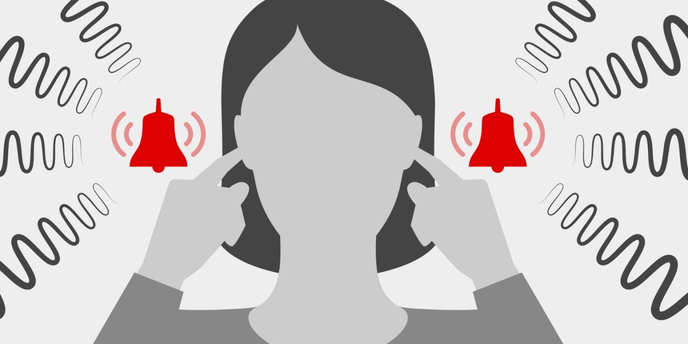Vragenlijst voor tinnitus diagnose vertaald naar het Nederlands
Tinnitus, oorsuizen, of de welbekende ‘piep in het oor’. Het is een vorm van gehoorschade waarbij mensen geluiden horen die er niet zijn, maar die zo hevig kunnen toeslaan dat het ondraaglijk wordt. “Zo’n tien tot vijftien procent van de bevolking kampt met tinnitus,” zegt Auke Klaver, voorzitter van Stichting Tinnitus Free. Tinnitus kan voorkomen in de vorm van ruisen, piepen of fluiten, hoog of laag, hard of zacht. Behalve zijzelf kan niemand deze geluiden horen. Sinds kort is een van de bekendste instrumenten om tinnitus te constateren vertaald en gevalideerd in het Nederlands, zodat Nederlanders tinnitus bij zichzelf kunnen vaststellen.

De Tinnitus Functional Index
Omdat de bron van de klacht in de hersenen zit en niet in het oor, is de aandoening lastig vast te stellen. Om de ernst en impact van tinnitus te beoordelen, zijn er zelfrapportage vragenlijsten ontwikkeld. Dit is een vorm van onderzoek waarbij de persoon die ondervraagd wordt zelf de vragenlijst invult. De Tinnitus Functional Index (TFI) is een van de bekendste vragenlijsten. Hierbij wordt de persoon in kwestie onder andere gevraagd naar de draagbaarheid van het oorsuizen en de impact die het heeft op hun slaap, sociale leven en mentale gezondheid. Deze index is in 20 talen vertaald en wordt in meer dan 22 landen gebruikt. Een Nederlandse variant was er echter nog niet.
Van onderzoek naar praktijk
Rianne Tromp werkte via de Wetenschapswinkel Geneeskunde & Volksgezondheid mee aan een studie die de TFI vertaalde naar het Nederlands en valideerde dat via een klinische populatie in Nederland. Wat bleek? De Nederlandse versie van de TFI is een betrouwbaar instrument voor het screenen van de impact van tinnitus in een klinische populatie. De eigenschappen zijn vergelijkbaar met de originele TFI en andere goedgekeurde tinnitus vragenlijsten. Dit betekent dat de Nederlandse versie van de TFI in de praktijk kan worden ingezet om tinnitus vast te stellen.
